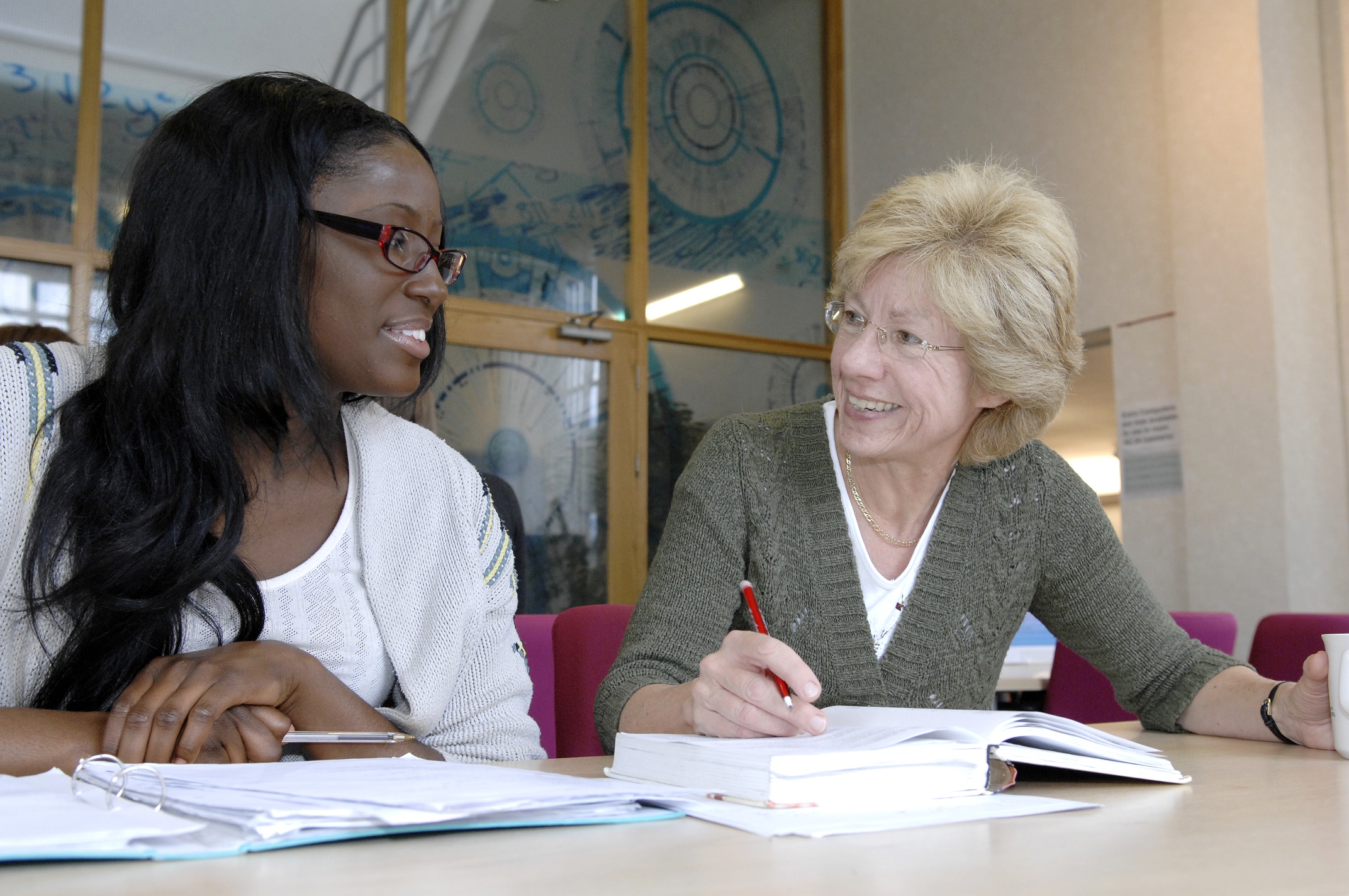Making the most of your one-on-one Tutor meetings
During your first year, you’ll have a number of opportunities to meet with your personal tutor on a one-to-one basis. At first, these meetings might seem a little awkward, or you may feel like you have nothing to say. It’s not often that students get the chance to speak to the academic staff in their department one-to-one and therefore, these kinds of sessions can be invaluable to you, if you utilise the time correctly.
From the student perspective…
We caught up with some finalists and asked them what advice they would give their former fresher selves about how to make the most of these one-on-one sessions:
Always turn up to the meetings and establish a connection with your tutor; they are your point of contact within your department and will help you not only in an academic capacity but also a pastoral one.
Oriol, Chemistry Finalist

Go prepared! Plan out and write down what you want to discuss before the event. There’s nothing worse than having nothing to say in the moment, and then remembering an important question once the meeting is over.
Ed, Chemical Engineering Finalist
Take advantage of your tutor meetings, especially in the early stages of projects or coursework. Tutor meetings really help establish what you should be doing and make sure you’re heading in the right direction.
Rosie, Industrial Design Finalist
Identify problem areas within your own learning and actually talk to them about it. If you’re struggling with something they can’t help you with it unless you tell them about it.
Shiv, Information Technology Management for Business Finalist
Make sure you actually write down what your tutor advises, so that you don’t forget what they have suggested. Try to establish some action points or personal goals to come away with so you’re always working towards something.
Paige, Psychology Finalist
Take advantage of that one to one time. Be open to criticisms because it allows you to work on your weaknesses, which is always a good thing.
Anne, Communications & Media Studies
From the tutor perspective…
We also spoke to Dr Dave Elder-Vass, Director of Learning for the Social Sciences department, to see what he thought from a tutor’s perspective:
“Personal tutors are being retitled as ‘academic advisers’ because giving academic advice is really what they are best qualified to do. They should be able to advise you on the general skills that you need to improve your marks in your particular discipline.
That advice can be tailored to your own personal needs if you show them what problems you’re experiencing and what feedback you’re receiving from other staff.
Asking for advice, by the way, isn’t a sign you’re doing badly or an admission of weakness. It’s a sign that you’re smart enough to ask for help when you need it.
Of course, personal tutors/academic advisors can help with other things too. They may not always know how to solve your problem but if they can’t they should always be able to point you to someone who can help you more. Don’t hesitate to ask!”
So next time you’ve got a one-to-one pencilled into your diary, go along with an action plan! Don’t be afraid to voice your struggles and queries, and work with your tutor to make the most of your academic experience.
Like us on Facebook
Follow us on Twitter
Find us on Instagram/Snapchat – lborouniversity


